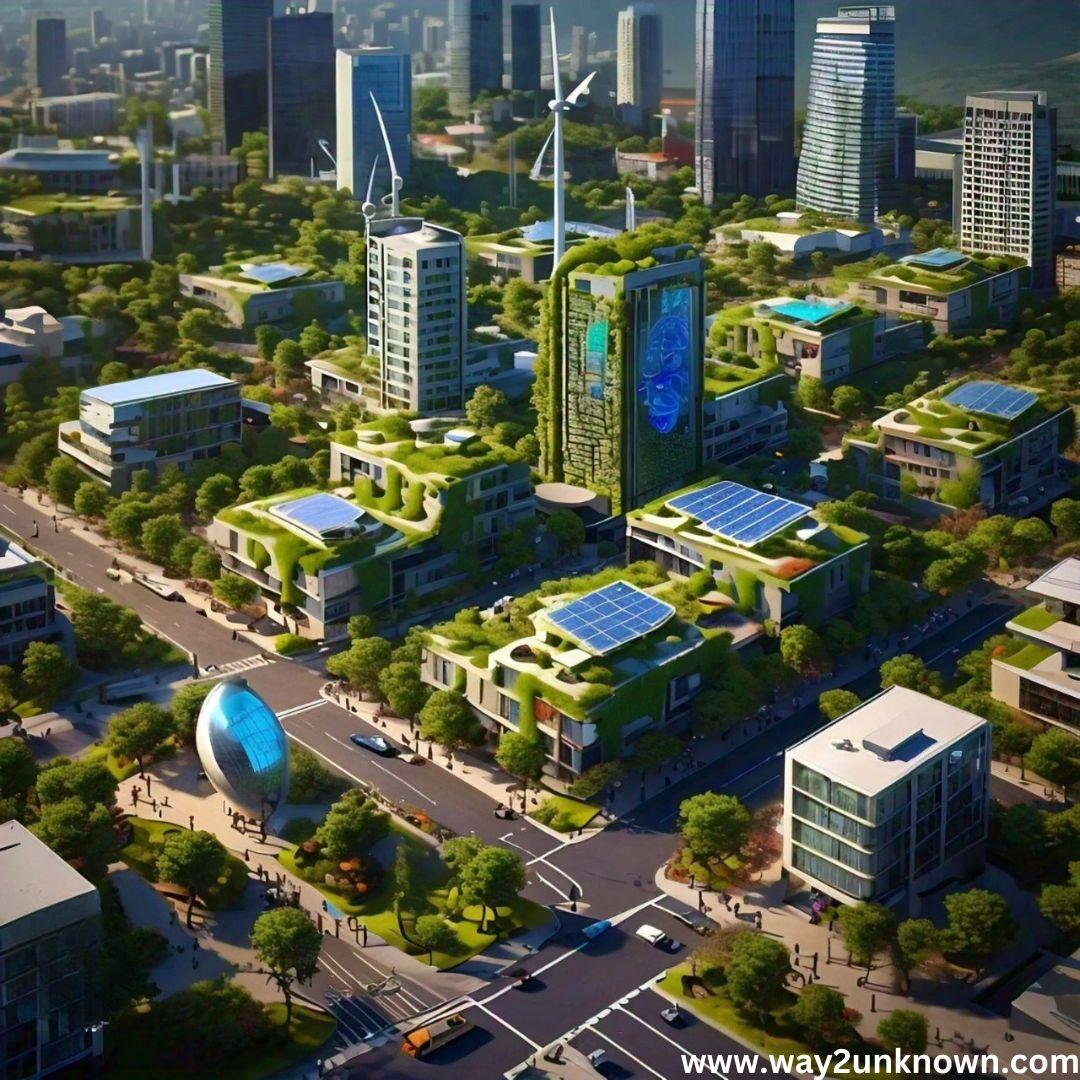AI and Green Cities: Promoting Sustainable Urban Environments

Artificial Intelligence (AI) is playing a transformative role in creating aspiring green cities that prioritize sustainability and environmental health. With the ongoing challenges of climate change and urbanization, cities are turning to AI to develop smart, sustainable solutions. AI is now prevalent in the management of energy systems, water conservation, and waste reduction, helping urban areas minimize their carbon footprints. By analyzing large amounts of environmental data, AI can predict energy needs, optimize resource distribution, and reduce pollution, leading to more efficient and eco-friendly cities.
One significant application of AI in green cities is the enhancement of energy efficiency. AI can utilize predictive analytics to manage renewable energy sources such as solar and wind, ensuring that cities harness the full potential of these resources while minimizing waste. Additionally, AI-powered systems can monitor and control building energy usage, reducing unnecessary consumption and helping cities transition to cleaner energy models. Smart grids, powered by AI, are also improving the reliability and sustainability of urban energy networks, making them more resilient to environmental changes.
In transportation, AI helps reduce emissions by optimizing traffic flows, promoting electric vehicles, and supporting public transit systems that are cleaner and more efficient. As more cities embrace AI-driven solutions, they become models for aspiring urban areas that aim to balance growth with environmental responsibility. AI’s potential to utilize data-driven insights to create more sustainable cities is not just a vision of the future—it is rapidly becoming a prevalent force in the global movement toward green urban environments.